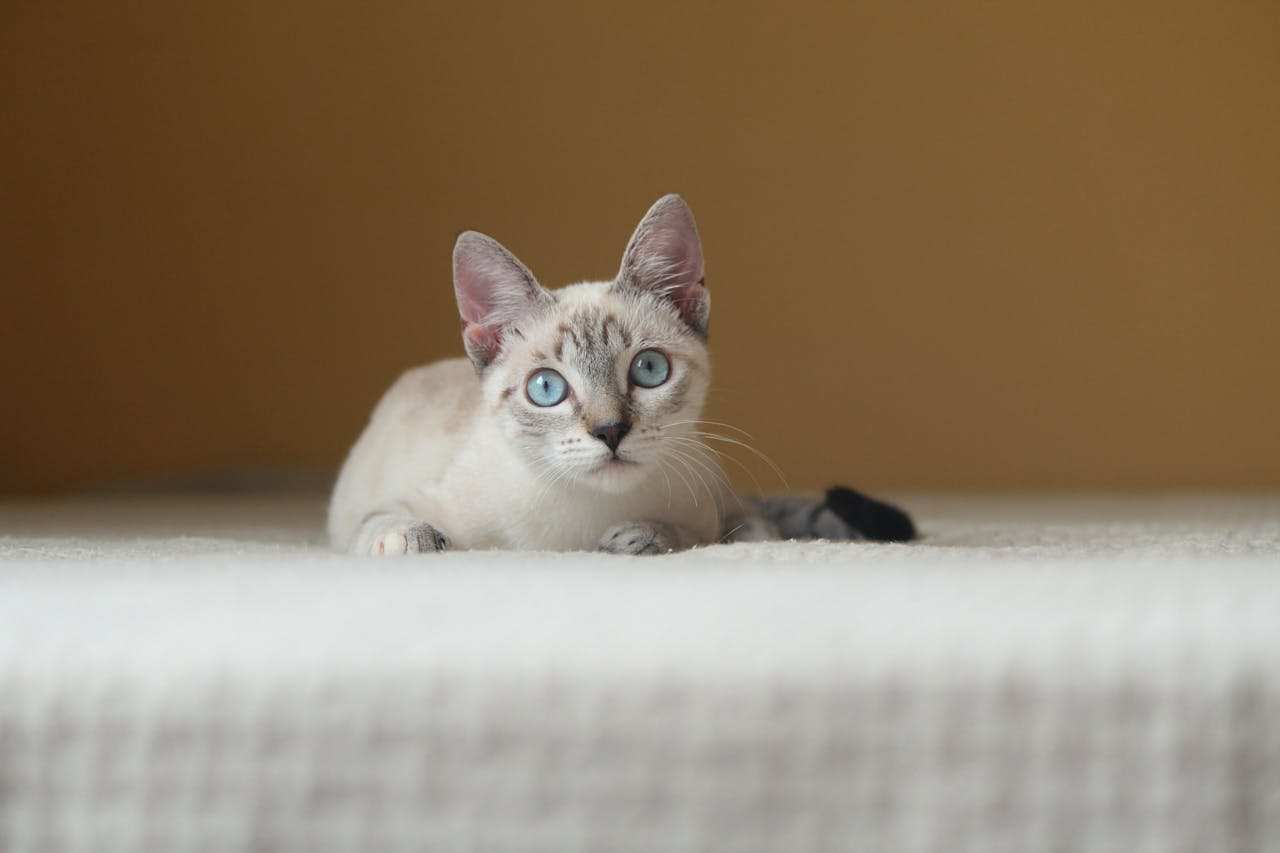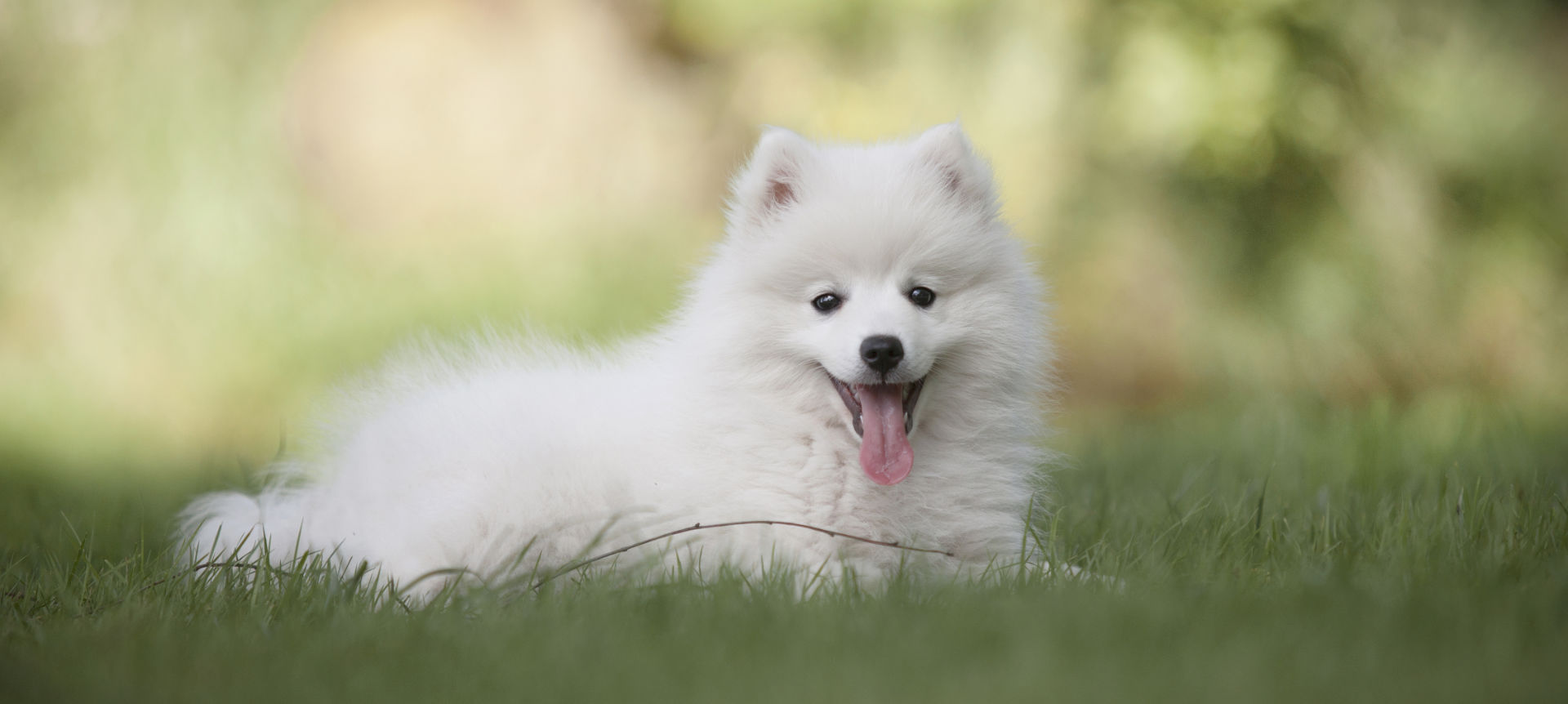
03 May A Guide to Cat Oral Surgery Recovery
Cats are our beloved companions, bringing joy and comfort to our lives. However just like humans, they sometimes require oral surgery. While the thought of our furry friends undergoing surgery and recovering can be daunting, proper post-operative care is crucial for their recovery and well-being. We’ll explain the unique challenges of cat oral surgery recovery and provide practical tips to ensure a smooth recuperation process.
Understanding the Challenges
Cats often exhibit stoicism and a tendency to hide discomfort or pain. This innate behavior can pose challenges during their recovery period, as they may mask symptoms of distress, making it difficult for owners to gauge their well-being. Additionally, cats are highly sensitive to changes in their environment, which can pose a challenge if recovery indicates a temporary diet change. Therefore, it’s essential to create a calm and conducive recovery space to support their healing process. As always, contact us if you are unsure about something! We are happy to help you through the cat oral surgery recovery process.
Creating a Comfortable Space During Cat Dental Surgery Recovery
After oral surgery, it’s imperative to provide your cat with a safe and secluded area where they can rest undisturbed. This space should be away from other pets to minimize stress and prevent potential conflicts. Cats rely heavily on their sense of smell, so be mindful of eliminating any foreign odors that may irritate them. It is common for the cats in the house to be hissing or fighting with the cat returning home due to the unfamiliar smells and the temporary changed behavior of the patient due to drugs used that day. Seperate your cat from other animals in the house the night of surgery and make sure they have their litterbox and water available. Use familiar bedding and toys to reassure them and consider using pheromone diffusers to promote relaxation. The day following surgery your cat should be able to roam the house again. Monitor your cat closely during the first night post-surgery to ensure they are not experiencing any adverse effects such as vomiting or disorientation.
Feeding
It is likely you will be advised your cat needs to be on soft food during their recovery. Don’t worry-you don’t need to change their food! You can simply soak the kibble in hot water for 15 minutes prior to feeding. If your kitty isn’t a fan of the soaked kibble you can mix in a small amount of low sodium chicken broth, tuna or some wet food. One of the key indicators of your cat’s recovery progress is their appetite. While it’s normal for cats to have a decreased appetite immediately after surgery, they should show interest in food within 24 hours. Monitor their food intake and offer small, frequent meals to entice them to eat. If your cat refuses to eat or drink for an extended period, consult your veterinarian promptly, as it could signal underlying issues or discomfort.
Observing Suture Healing
Many oral surgeries utilize dissolvable sutures to close incisions, which gradually break down over time. Keep a close eye on the surgical site for any signs of inflammation, discharge, or unusual swelling, which may indicate an infection or suture reaction. Avoid disturbing the area unnecessarily and refrain from allowing your cat to excessively groom or scratch at the surgical site. While we encourage you to come in for a no-charge medical progress exam you do not need to return for suture removal unless directed otherwise.
Recognizing Signs of Pain and Discomfort During Cat Oral Surgery Recovery
Despite their tendency to hide discomfort, cats may exhibit subtle behavioral changes that signal pain or distress. Keep a lookout for signs such as reluctance to eat or drink, hiding in secluded areas, decreased grooming, and lethargy. Sometimes you will notice a smell from the mouth or drooling as well. Any deviation from your cat’s normal behavior warrants attention and may necessitate veterinary intervention. Administer prescribed pain medication as directed by your veterinarian to alleviate discomfort and promote a speedy recovery.
Veterinary Dentist Milwaukee
Cat oral surgery recovery requires patience, vigilance, and a nurturing approach. By understanding the unique challenges cats face during this period and implementing proactive measures, you can ensure a smooth and successful recuperation for your feline companion. Remember to provide a tranquil recovery space, monitor their food intake and suture healing, and remain attentive to signs of pain or distress. With proper care and attention, your cat will be back to their playful self in no time.
Are you interested in learning more about oral surgery care for dogs? We also have a helpful blog to help pet owners navigate this process!
Photo by Diogo Ernesto from Pexels


